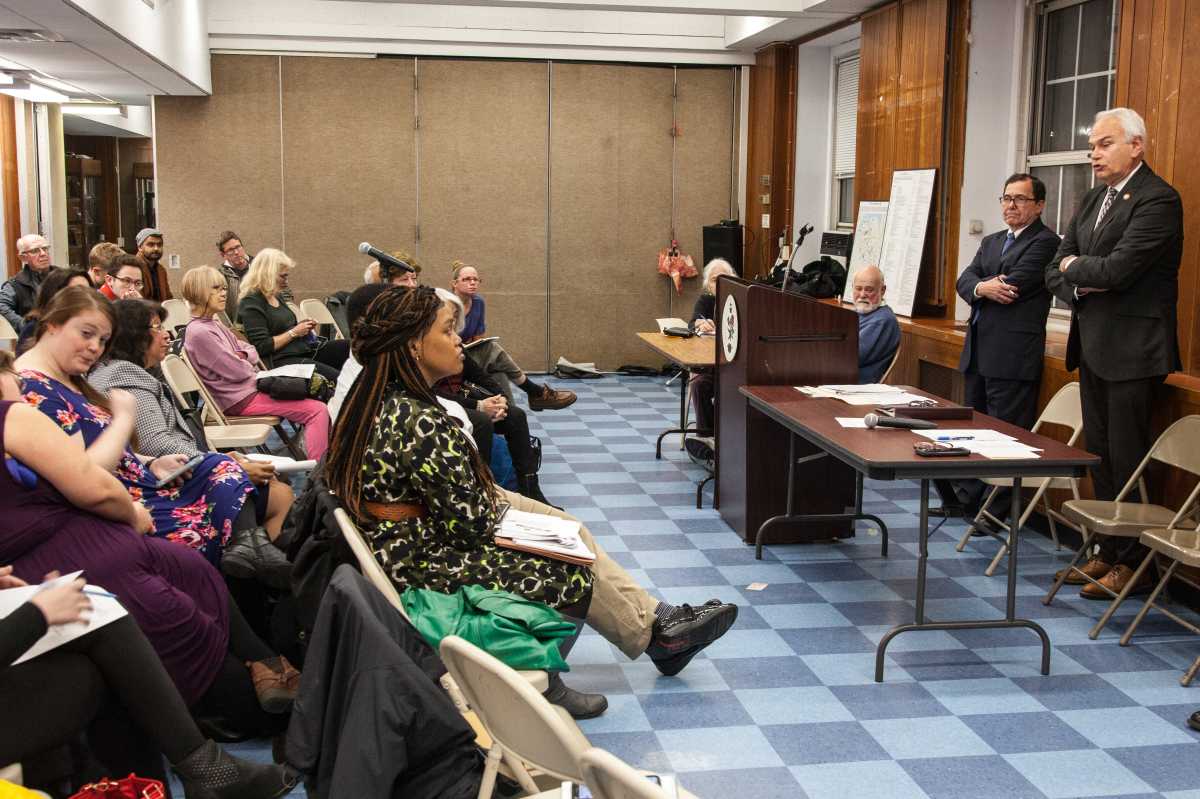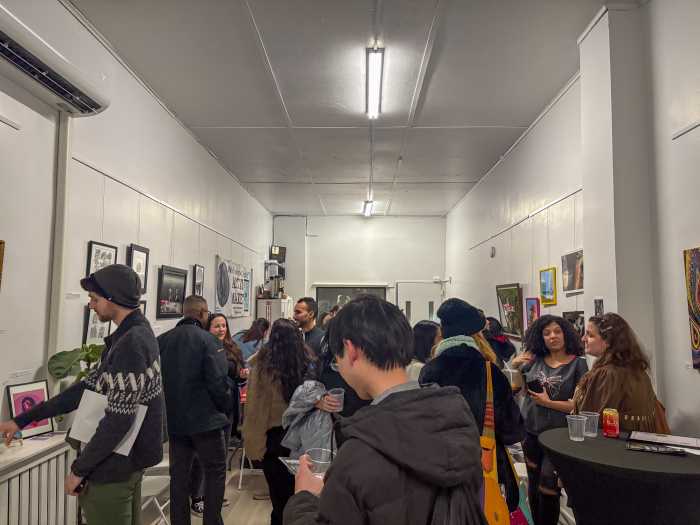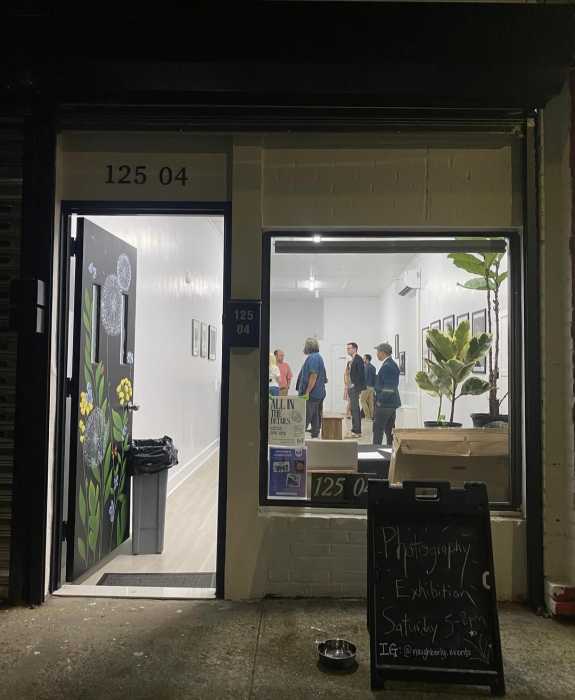When Queens Community Board 9 hosted a forum to inform Kew Gardens residents about the impact of the bail reform legislation on Monday evening, they invited outspoken critics of the legislation. Then an unexpected thing happened.
Of the 20-30 people who braved the rain to attend the forum, about a third consisted of public defenders who came out to challenge the critique of the legislation as presented by Councilman Robert Holden and Queens Senior Executive Assistant District Attorney James Quinn.
After they had finished their presentation arguing that the legislation would drive up crime rates, the advocates responded with a series of questions and comments that pushed back on the notion of jail as the answer to social problems.
The legislation, which will go into effect Jan. 1 after being passed in last year’s state budget negotiations, eliminates judges’ ability to set bail cash bail and pretrial detention for nearly all misdemeanor and nonviolent felony cases, as well as violent felonies limited to burglary and robbery in the second degree.
In his presentation, Quinn raised the concern that judges will not have the discretion to set bail based on a person’s previous arrests or convictions. He also raised alarms over the number of people who would be released from their bail sentence when the law goes into effect. He referenced a study that estimated the number of people who would be released from bail for misdemeanor and felony arrests in Queens at over 200.
“Among those 200 people, 39 of those are charged with burglary in the second degree, which is a residential burglary — someone coming into your house — into your dwelling to steal something or is in there to commit a crime,” said Quinn.
Quinn went on to argue that bills were passed “in the middle of the night,” and that he had talked to several legislators who were not aware of what was in the law, but neglected to name who those legislators were. Holden, for his part, dismissed proponents of the bill as people who are too young to remember crime-ridden New York of the 1970s.
Roslyn Morrison, a Legal Aid Society attorney who had helped shape the legislation, argued that the bill was actually carefully vetted and compared it to bail reform laws in states like New Jersey, which did not lead to a spike in the crime rate or disruption of public safety.
“We’re trying to prevent mass incarceration,” said Morrison. “The presumption of innocence has a place in our society, and it’s one that we have to respect. A lot of people particularly, people of color and people without financial resources are unduly harmed by the current bail system.”
Quinn fired back at this comment.
“Mass incarceration — I’m so tired of hearing this. New York City has the lowest incarceration rate of any major city in the entire U.S.,” he said. “The crime rate is coming down because of the police department is being extremely effective.”
But despite the sparring back and forth between Quinn and the advocates, several members of the community board who thought that the bail law was going too far were able to come to an agreement with the public defenders that the city needs to find alternative ways to address systemic social problems outside of incarceration.
“Forty-two percent of the people of the people who are being incarcerated are mentally ill,” said Sylvia Hack, co-chair of the CB9 Land Use Committee that invited Quinn and Holden. “So why are we spending billions to incarcerate people who are mentally ill when we need to get to the bottom of why this is happening in the first place,” she said.



































